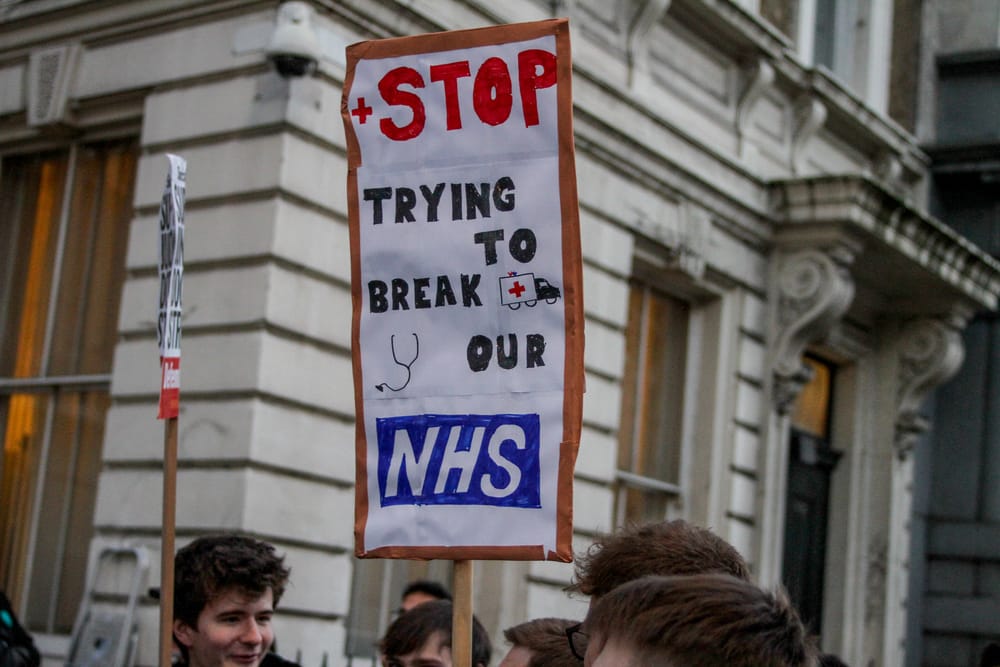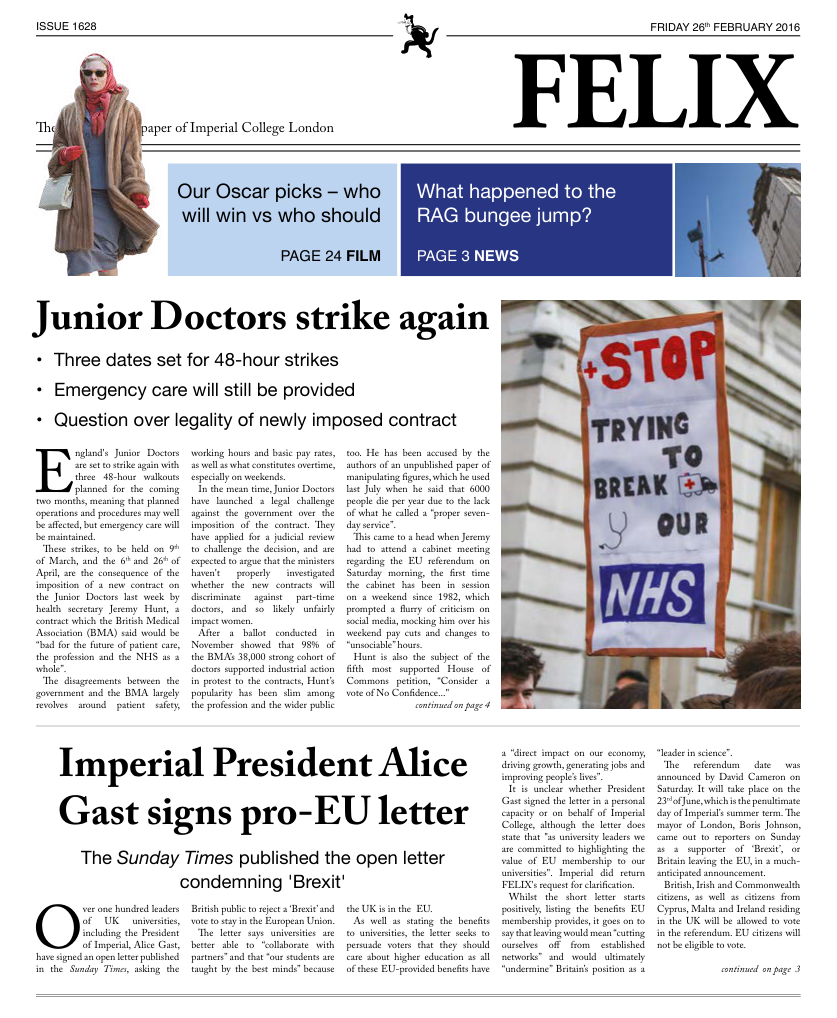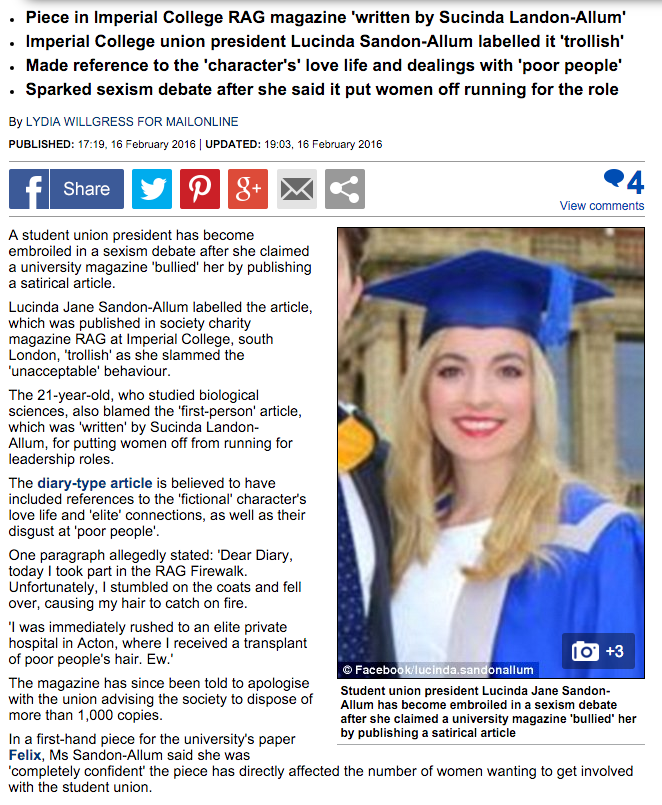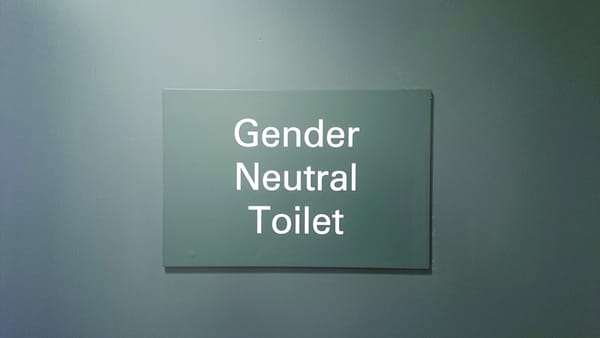Junior Doctors strike again
Three dates set for 48-hour strikes

England's Junior Doctors are set to strike again with three 48-hour walkouts planned for the coming two months, meaning that planned operations and procedures may well be affected, but emergency care will be maintained.
These strikes, to be held on 9th of March, and the 6th and 26th of April, are the consequence of the imposition of a new contract on the Junior Doctors last week by health secretary Jeremy Hunt, a contract which the British Medical Association (BMA) said would be “bad for the future of patient care, the profession and the NHS as a whole”.
The disagreements between the government and the BMA largely revolves around patient safety, working hours and basic pay rates, as well as what constitutes overtime, especially on weekends.
In the mean time, Junior Doctors have launched a legal challenge against the government over the imposition of the contract. They have applied for a judicial review to challenge the decision, and are expected to argue that the ministers haven't properly investigated whether the new contracts will discriminate against part-time doctors, and so likely unfairly impact women.
After a ballot conducted in November showed that 98% of the BMA’s 38,000 strong cohort of doctors supported industrial action in protest to the contracts, Hunt’s popularity has been slim among the profession and the wider public too. He has been accused by the authors of an unpublished paper of manipulating figures, which he used last July when he said that 6000 people die per year due to the lack of what he called a “proper seven-day service”.
This came to a head when Jeremy had to attend a cabinet meeting regarding the EU referendum on Saturday morning, the first time the cabinet has been in session on a weekend since 1982, which prompted a flurry of criticism on social media, mocking him over his weekend pay cuts and changes to “unsociable” hours.
Hunt is also the subject of the fifth most supported House of Commons petition, “Consider a vote of No Confidence in Jeremy Hunt, Health Secretary” which has currently over 320,000 signatories, making him, on paper, more unpopular than Syrian airstrikes. Several Freedom of Information requests made by journalists into meetings the government has had with companies specialising in private healthcare have recently been rejected with the government citing the need for a “safe space” for ministers to discuss policy freely.
It is likely that this will not be the last of the story before the contacts come into force in August of this year with a spokesperson for David Cameron saying “it is regrettable if they are going to strike again. I’m sure discussions will continue”.









